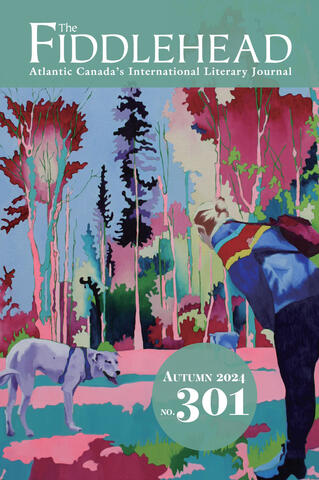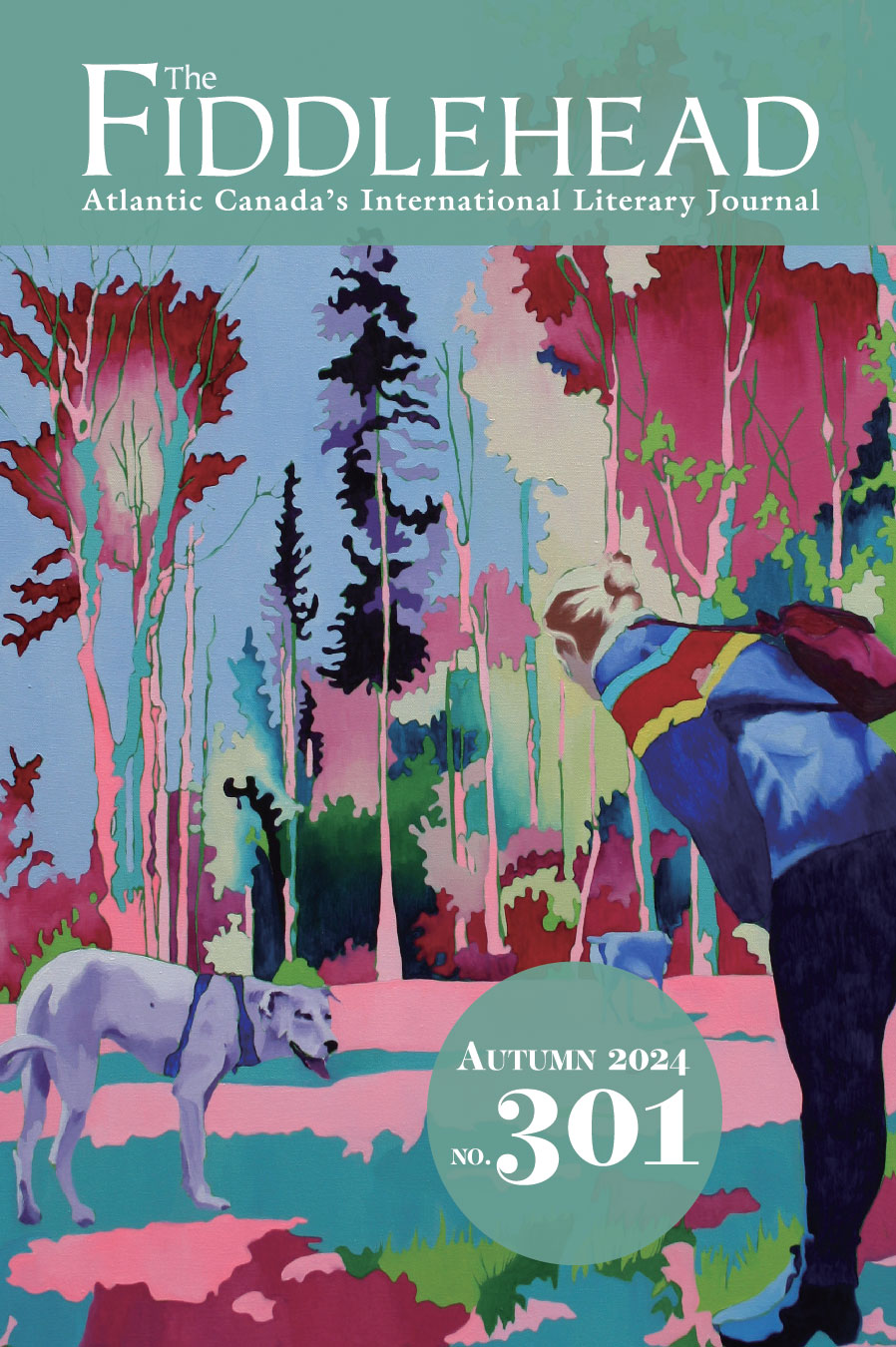
I am a good mother.
I loved her blue eyes, her bald head, her 10 fingers, and 10 toes. I loved her puckered mouth as she tried to latch on, and the sparkle in her eyes the doctor called Brushfield spots and we called magic. I loved all her chromosomes, even the extra copy on the 21st. When they asked if we were going to keep her, we looked in horror at their grievous faces and left as quickly as we could, taking her home where a certain absence had been waiting for her all along.
I am a bad mother.
She never quite latched on to my breast and I cried. One week out — hormones raging and tears flowing instead of milk. I cannot feed her on my tears I wailed, what kind of child will she be? Her lips and tongue and the roof of her mouth never mastered the full suck no matter what we tried. Which was everything — positioning, spoon, small tube taped to breast. All the lactation consultant’s tricks and tools offered only slim margins of success. My first failure flung me into disgrace, fed my own doubts about my fitness for motherhood. My own mother mothered me with liver and onions and rented a milking machine that made our lights and my breasts throb with each bovine pull.
Good mother.
Hand held up — thumb, pointer, and baby extended, middle two fingers folded to palm. How we learned sign language to give her the power to communicate, learned to sign love into the universe of our little neighbourhood when the pond was the only dangerous thing, and still we went there bump bump bump over the sidewalk edges in our reclaimed wagon. The suck and pull of mud on rubber boots as we searched for spring peepers, their song a riot in the greening trees, their virid leaping too quick for us to catch with muddy hands, giggling at the game of it. How all the children gathered, wandered with their nets, the olders showing youngers how to spot long strings of opalescent spawn, Jessie hanging on their every word. It was milk moon time, when everyone came together, edging open spaces with their toes and tangling up in the dusk. We chose the neighbourhood for her belonging, made connections that lasted decades and still linger in threads of care.
Bad mother.
She stared me down from half-way up the stairs. You can’t make me! The chant of every 13-year-old into the abyss of becoming. Sometimes I turned away. Sometimes I yelled, my exasperation shaking from the fist clenched against my thigh — if you don’t smarten up, I’ll send you to a group home! The profanity that we never name, named.
Good mother.
The Mother-from-Hell biker jacket I wore to almost every high-school meeting, beating my righteous fists against the officious walls designed to keep her out. How I tried honey first, and knowledge next. How neither helped them make space for her and only exhausted me. But still, she bounded down the halls, bumped through doorways, charmed her way into friendships and drama class. Emerged a star in her own firmament, a meteor streaking, a bright shining of her own creation, a constellation steadying the sky.
mother mother mother
The times I hid in the bushes to make sure she made it across that perilous intersection on her daily walks home from school.
The time I drove her to some distant dark industrial park to be at her boyfriend’s side as he signed a wrestling contract for his alter-ego The Megalodon. How I poofed her hair so she could show up as The Girlfriend, every feminist mother’s dream.
The time I ruined her life.
The time she ruined mine.
All.
She fainted often. “A fainter” the doctors said. I did not believe them. I did what mothers do — pushed and prodded and made them do all the tests just to shut. Me. Up. Cardiology, blood, EEG. But I did not, never asked for an MRI. If I had, would it have been different? Would they have identified the disease earlier? This Moyamoya, this Puff of Smoke, this narrowing of arteries bringing blood to her brain. Would surgery have happened sooner, when she was less vulnerable? Would the cascade of consequences — the post-surgical strokes across her frontal lobes — have been avoided? When I am tired, when another symptom — like vertigo, or choking, or aphasia — appears I shudder at the power I could have wielded but didn’t. All this letting go exhausts a body. This body that is mine.
— Nancy Huggett is a settler descendant who writes, lives, and caregives on the unceded Territory of the Anishinaabe Algonquin Nation (Ottawa, Canada). Find her work in American Literary Review, Prairie Fire, Passages North, and The New Quarterly. She’s won some awards (like RBC PEN Canada’s 2024 New Voices Award) and a gazillion rejections. She keeps writing.
You can read the rest of Nancy Huggett's winning story in Issue 301 Autumn 2024. Order the issue now:
Order Issue 301 - Autumn 2024 (Canadian Addresses)
Order Issue 301 - Autumn 2024 (International Addresses)











